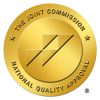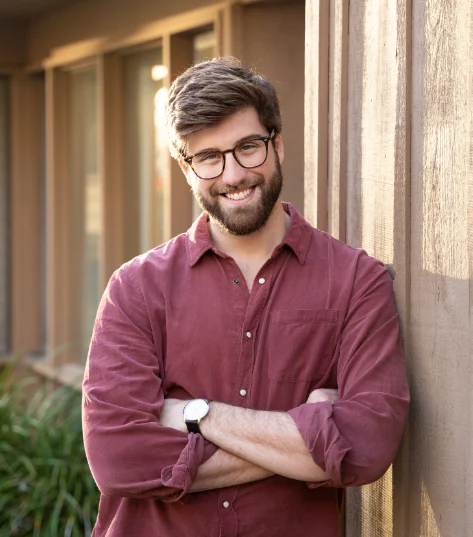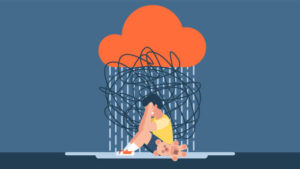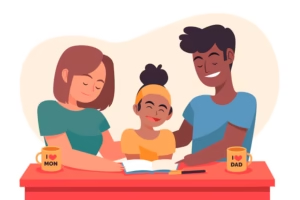Self-care isn’t a luxury—it’s essential for parents helping their children through mental health recovery. These actionable strategies will keep you strong, present, and ready to guide your child’s journey.
What Is Self-Care and Why Does It Matter?
- Resilience Boost: Regular self-care replenishes your energy so you can stay patient and calm.
- Healthy Role Modeling: Demonstrating habits like mindfulness and balanced meals encourages your child to adopt them.
- Clearer Decisions: Lower stress means better judgment when choosing treatment options and daily support.
1. Build a Simple Daily Routine
- Morning Intention (5 min): Take three deep breaths, set one intention (“I will stay calm during therapy”), and note one thing you’re grateful for.
- Movement Break (10 min): A quick walk, yoga stretch, or dance to your favorite song gets stress hormones down.
- Mindful Meal: Eat without screens. Chew slowly and notice flavors and textures.
💡 Pro Tip: Schedule these in your phone or habit-tracker so you don’t skip them.
2. Lean on Emotional Support Networks
- Parent Support Groups: Ask about PRI Treatment Center’s Family Resources for Parent Self-Care to connect with peers.
- Friends & Family: Ask loved ones to help with errands or childcare for a short break.
- Professional Counseling: A therapist specializing in caregiver stress can offer tailored strategies.
3. Prioritize Your Physical Health
- Sleep First: Aim for 7–8 hours. If worries keep you up, try a 5-minute pre-bed journaling ritual.
- Eat Balanced: Focus on lean protein, whole grains, fruits, and veggies. Limit caffeine and sugary snacks.
- Stay Current: Keep up with your medical check-ups—preventive health reduces extra stress.
4. Practice Quick Stress-Reduction Techniques
- Box Breathing: Inhale 4 sec, hold 4 sec, exhale 4 sec, hold 4 sec. Repeat until you feel centered.
- Guided Meditation: Use an app for a 5-minute mindfulness session to lower cortisol.
- Creative Outlet: Journaling, drawing, or knitting for 10 min can melt tension.
5. Set and Maintain Healthy Boundaries
- Work Flexibility: Talk with your employer about adjusting hours for appointments.
- Digital Detox: Schedule “screen-free” windows to avoid news or social media overwhelm.
- Family Roles: Delegate chores—ask siblings or partners to take on age-appropriate tasks.
6. Practice Self-Compassion
- Kind Self-Talk: Remind yourself, “I’m doing my best, and that’s enough.”
- Celebrate Small Wins: Did you take a mindful break today? Acknowledge it.
- Forgive Missteps: Missed your routine? Reset tomorrow without judgment.
Joint Commission Accreditation, DHCS License,
& Clinical Partnership with CPCMG
Joint Commission Accreditation, DHCS License, & Clinical Partnership with CPCMG




In Clinical Partnership With
PRI Treatment Center is proud to clinically partner with Children’s Primary Care Medical Group San Diego to expand access to high-quality mental health services. Together, we’re bridging the gap between primary care and mental health to better support the well-being of children and families in our shared community.
FAQ
How can I build a daily self-care routine as a busy parent?
Start with micro-breaks: five deep breaths each morning, a 10-minute walk midday, and an intentional, screen-free meal. Scheduling these into your calendar ensures they become habits.
What quick stress-reduction practice works in under five minutes?
Try box breathing: inhale for 4 sec, hold 4 sec, exhale 4 sec, hold 4 sec. Repeat until you feel calmer—use it before or during challenging moments.
Where can I find support groups for parents?
Ask about resources available at PRI Ttreatment Center’s Family Resources for Parents. It’s important to take care of yourself to provide the full support your child needs during their time with healing.
Why is sleep important for caregiver resilience?
Quality sleep (7–8 hours) restores emotional balance, enhances decision-making, and lowers stress hormones—helping you stay present and patient.
What should I do if I’m feeling overwhelmed?
Pause for a creative outlet like journaling or coloring for 10 minutes. Then reach out to a friend or counselor—sharing burdens lightens the load.
Quick Takeaways
- Prioritize self-care with simple daily rituals (morning intention, movement break, mindful meal) to stay resilient.
- Model healthy habits—like mindfulness and balanced nutrition—to encourage your child’s well-being.
- Lean on support networks: join parent groups, delegate tasks, or seek professional counseling.
- Practice brief stress-relief techniques (box breathing, 5-minute meditation, creative outlets) to maintain calm.
- Set clear boundaries and practice self-compassion: celebrate small wins and forgive missed routines.

Dr. Warter received his doctorate in Clinical Psychology from The Wright Institute in Berkely, California, completed his Predoctoral Internship at USC’s Children’s Hospital Los Angeles, and was a Postdoctoral Researcher at USC’s Institute for Integrative Health and Wellness. Dr. Warter has also been trained at UCSF School of Medicine, Kaiser Permanente, and in community clinics in rural, underserved communities in Argentina and Paraguay. Dr. Warter has received training in providing parents with guidelines to help prevent behavior problems and enhance communication skills and strategies to promote children’s social, emotional, and academic competence. Dr. Warter has also published and presented at the University of Naples and the University of Buenos Aires on subjects related to Third Culture Kids and the impacts of Social Media on Personality and Self Esteem.








